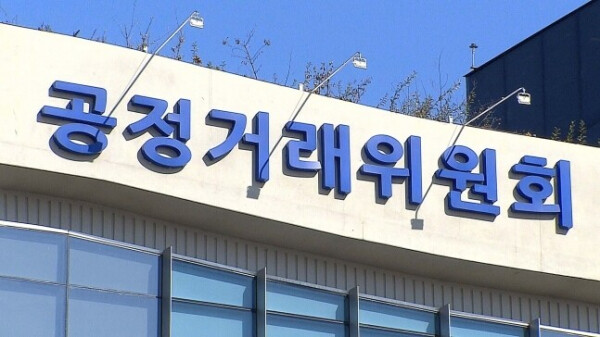
Seoul, South Korea – Despite mandated transitions to holding company structures, South Korean conglomerates continue to engage in practices that undermine corporate governance reforms, according to a new report by the Fair Trade Commission (FTC).
The FTC found that 41 out of 43 listed conglomerates with controlling families have maintained a significant number of affiliates outside their holding company systems. These external affiliates, numbering 368 in total, often have substantial ownership stakes held by the controlling families, raising concerns about potential illicit related-party transactions.
South Korea implemented holding company regulations in 1999 to address the issue of circular ownership, a complex web of cross-shareholdings that allowed controlling families to maintain control over large businesses with relatively small equity stakes. The regulations require holding companies to maintain specific ownership thresholds in their subsidiaries.
However, the new findings suggest that many conglomerates have found ways to circumvent these regulations. For instance, 228 of the external affiliates are subject to regulations designed to prevent unfair advantages to controlling families, with the controlling families holding more than 20% of their shares. This represents a significant increase from 48% in 2019.
Furthermore, the report revealed that conglomerates are increasingly using foreign subsidiaries as intermediaries for indirect investments in domestic affiliates, enabling them to circumvent ownership restrictions. The number of cases involving such indirect investments through foreign affiliates rose from 25 to 32 compared to the previous year.
Another concerning trend is the significant non-dividend income generated by holding companies. While dividends are the primary source of income for holding companies, the FTC found that nearly half of their income came from other sources, such as trademark licensing fees, real estate rentals, and management consulting services. Notably, the top five conglomerates earned a combined 9.925 trillion won (approximately US$7.4 billion) from trademark licensing fees alone, representing a year-over-year increase of 323 billion won.
The FTC expressed concerns about the potential for these non-dividend income streams to be used as a means of transferring wealth to controlling families. The agency pledged to intensify its monitoring of holding companies to identify and penalize any violations of corporate governance regulations.
[Copyright (c) Global Economic Times. All Rights Reserved.]






























